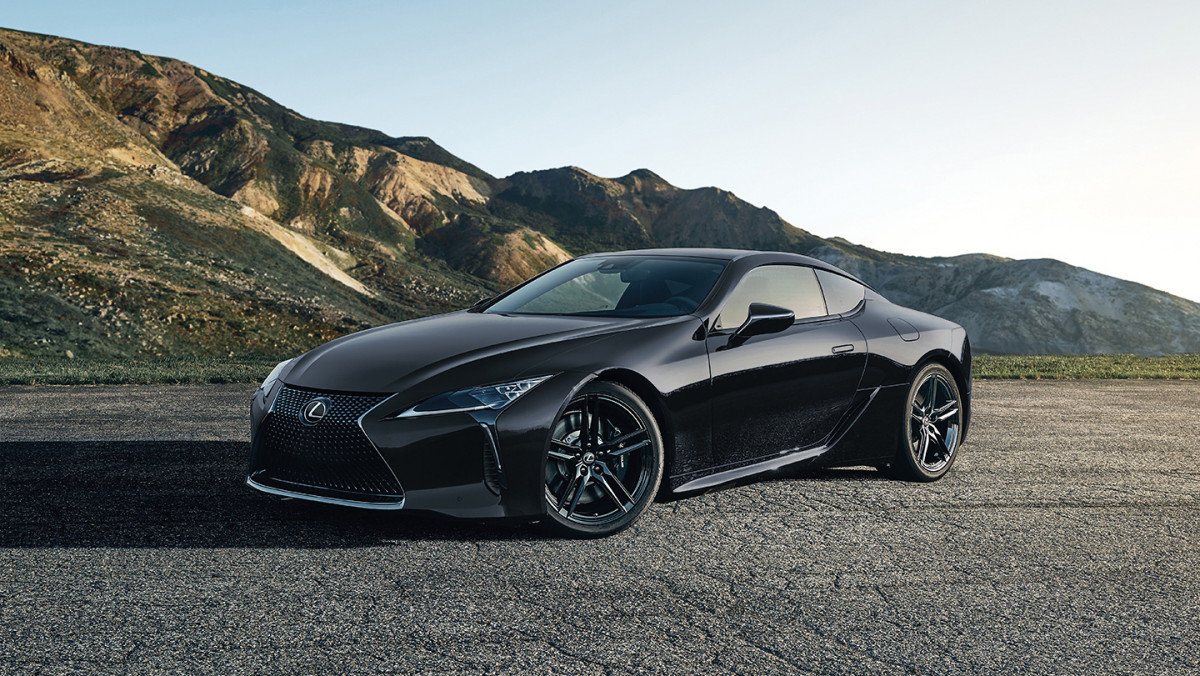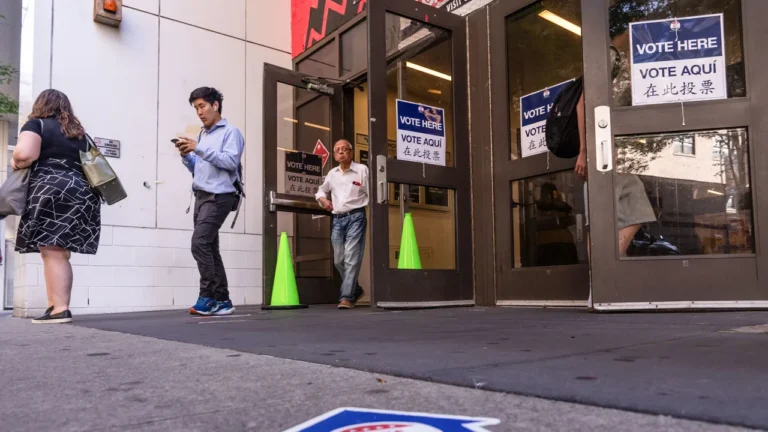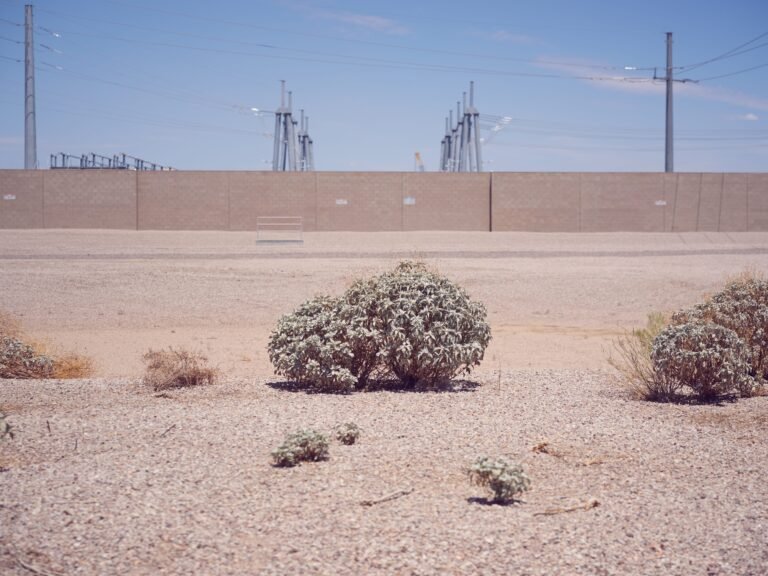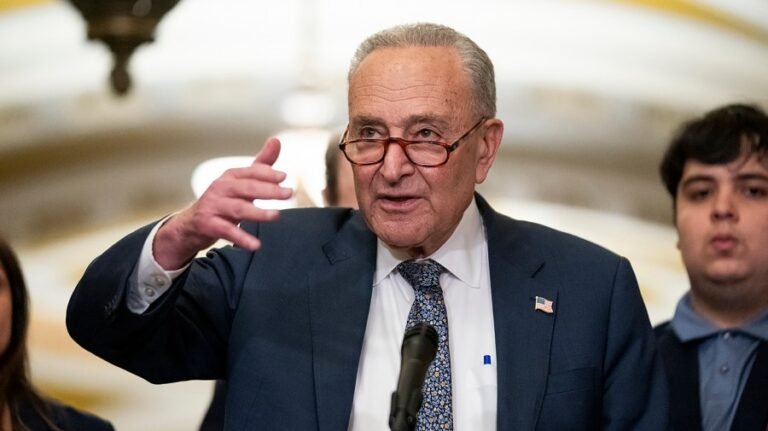

- BYD has already imported over 22,000 EVs into Brazil during the first five months.
- Carmakers can currently import thousands of vehicles without paying import tariffs.
- BYD has delayed the planned opening of its Brazilian production plant until late 2026.
Cheap plug-in hybrids and electric vehicles from China are rolling into global markets at full throttle, and Brazil is starting to feel the pressure. One of the most aggressive players in this push, BYD, is now operating an entire fleet of its own massive car-carrying ships.
While the influx of affordable new models has its supporters, a growing number of Brazilian industry experts are voicing concerns that these imported vehicles could undermine the country’s long-established auto manufacturing sector, Reuters reports.
Also: China’s Cheap EV Bargain That Might Be Watching Your Every Move
Brazil ranks as the world’s sixth-largest car market, so it’s not exactly surprising that companies like BYD are keen to carve out their share. But unlike longtime players such as Volkswagen, General Motors, and Stellantis, which have spent decades building factories and jobs across the country, BYD and other brands including GWM and Volvo are shipping in cars from overseas, bypassing local production.
Tariffs, or a lack thereof, are one of the reasons why Brazil has become so important for Chinese car brands. A decade ago, the government scrapped tariffs on imported vehicles in a bid to drive up demand for electric vehicles built overseas. It did reinstate a 10% tariff on EVs last year, but this is relatively small compared to the company-specific tariffs that Chinese brands are facing in Europe.
The Chinese Have Arrived
Chinese brands like BYD appear to be rushing to import as many vehicles into Brazil as quickly as possible. Currently, these carmakers can import up to $169 million worth of PHEVs and $226 million EVs toll-free by July 2025. Import tariffs are scheduled to increase every six months and top out at 35% in 2026. However, some are calling on the government to accelerate these tariff hikes by a year, implementing the 35% rate as soon as possible.
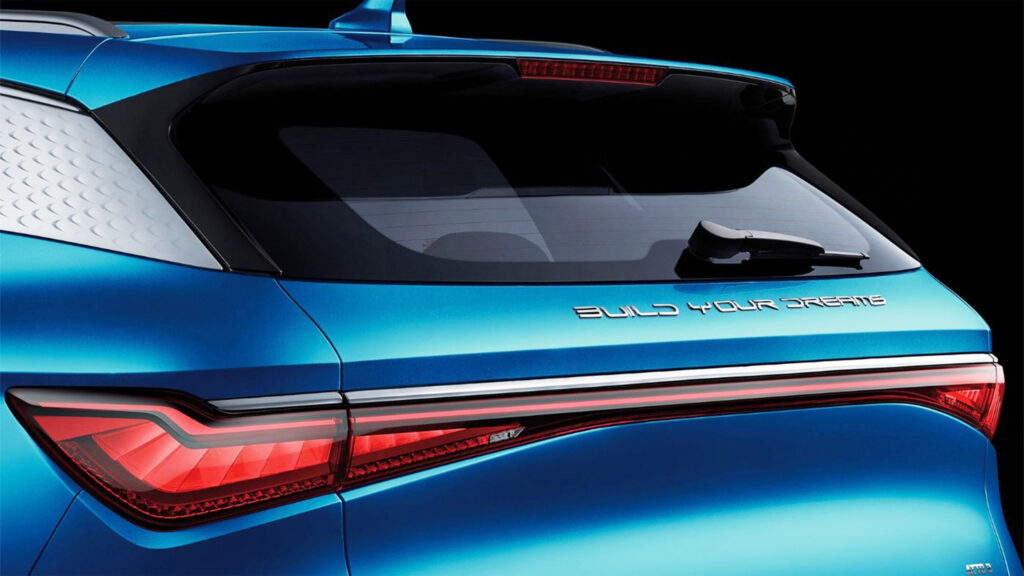
BYD has imported approximately 22,000 vehicles to Brazil during the first five months of this year, and by the end of 2025, as many as 200,000 new vehicles from China could be imported into the country, or roughly 8% of all new car sales.
Local Production
BYD has been working on building a plant in the state of Bahia, but after foreign employees were found to be working in squalor late last year, the plant’s opening has been pushed back until December 2026. Similarly, GWM has delayed its local production plans by a year.
“We support the arrival of new brands in Brazil to produce, promote the components sector, create jobs and bring new technologies,” ANFAVEA president Igor Calvet told Reuters. “But from the moment that an excess of imports causes lower investment in production in Brazil, that worries us.”

